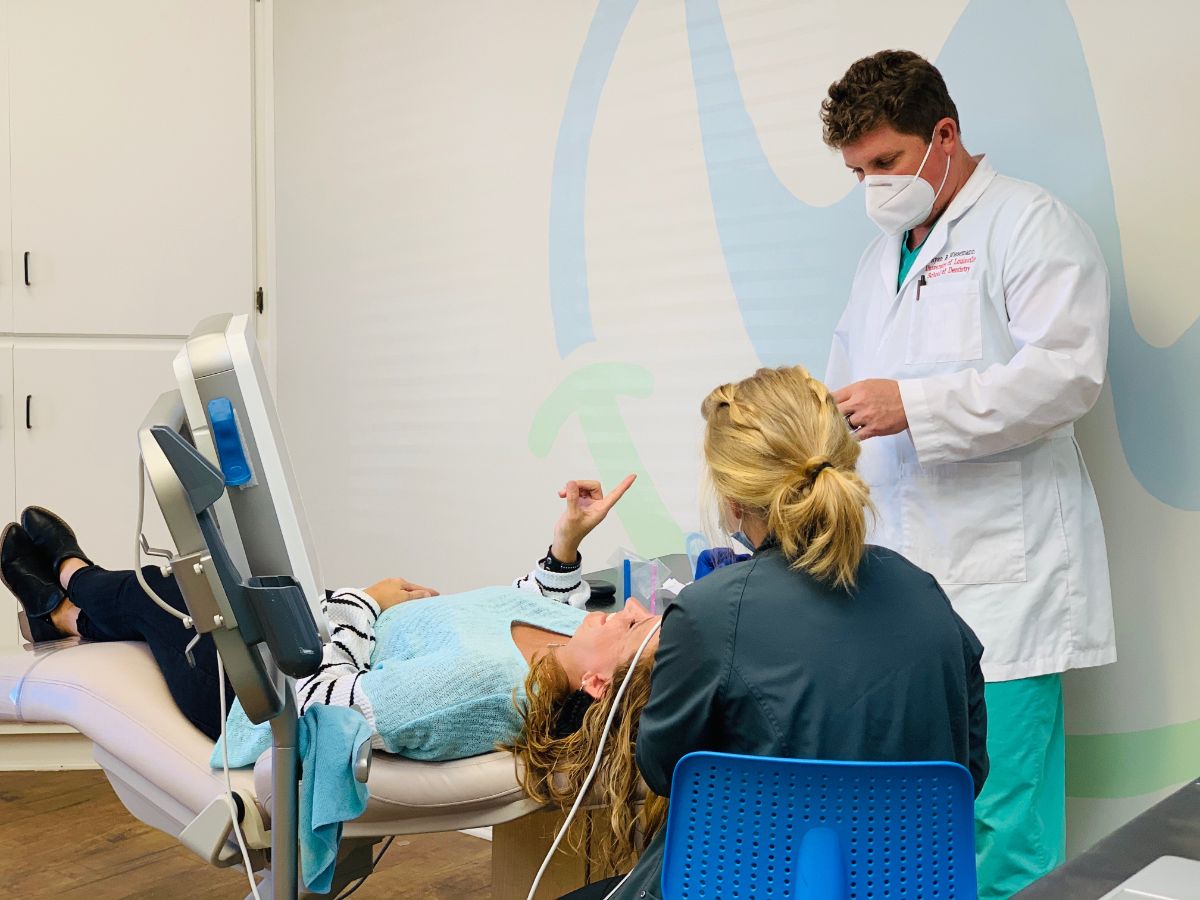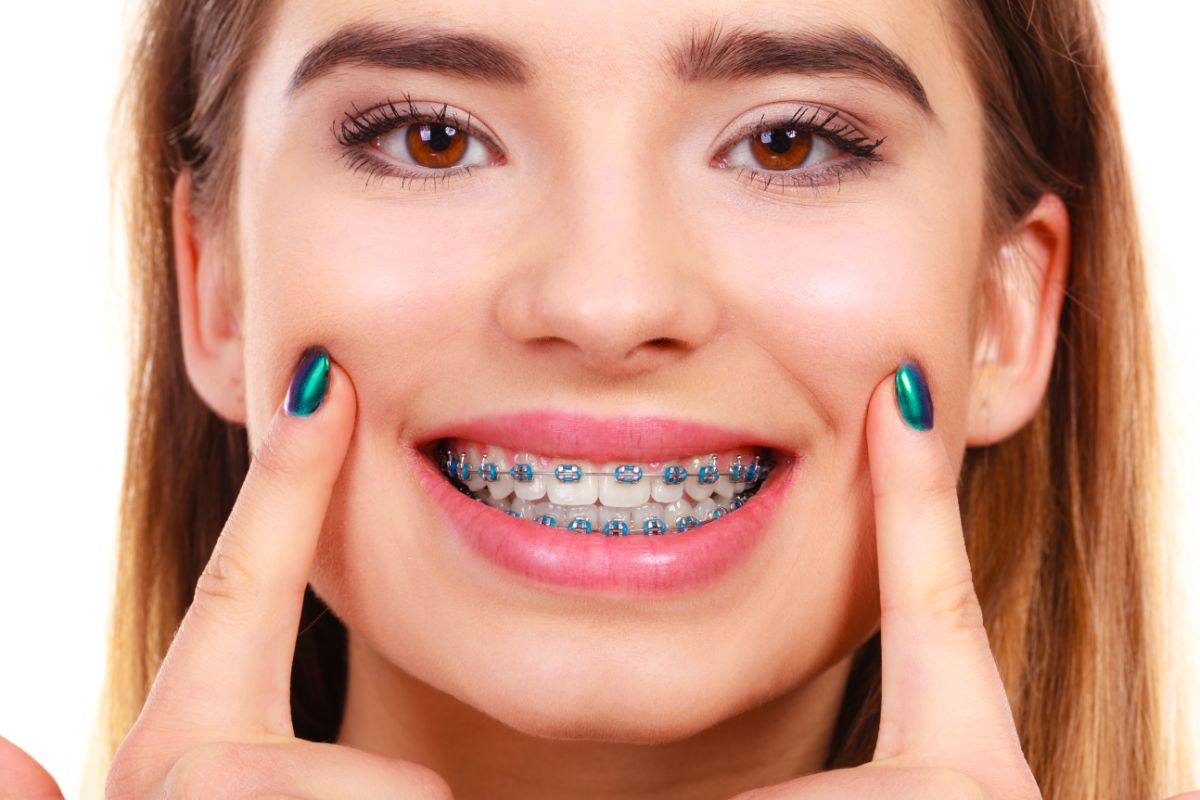Here at Wiesemann Orthodontics, we know what it takes to keep smiles healthy and happy. That means we’re frequently handing out advice on everything from what you can eat with braces to how often clear aligners should be cleaned, and just about everything in between! While we have quite a few words of dental wisdom to share with patients and their families, one simple tip applies to everyone, braces or not: find a good oral hygiene routine and stick to it!
Even if you’re not an orthodontic patient, it can be beneficial to examine how effective your dental hygiene is from time to time. Recommendations can change and you don’t want to miss out on the latest expert information! There’s one thing that doesn’t change, though, and that’s the importance of brushing regularly, flossing daily, and avoiding any bad oral habits that could be harming your smile. What might those be? Let’s take a look at some of the worst offenders and discuss how they can damage your teeth!
Doing the bare minimum when it comes to your oral health
Okay, the bare minimum is better than nothing, it’s true. But ideally, brushing and flossing are just the first steps you take toward keeping your smile healthy! When you get right down to it, how you care for your teeth is almost as important as how often you brush and floss. To get the best out of your dental hygiene routine, follow the basic guidelines we’ve set out below.
- Brush at least twice a day for two minutes each time.
- Use a soft-bristled toothbrush and fluoridated toothpaste.
- Floss every night before bed to remove stubborn food particles and get rid of sticky plaque.
- Add an antimicrobial or fluoride mouthwash to eliminate the bacteria that cause bad breath and gum disease.
- Replace your toothbrush every 3-4 months, or sooner if you’ve had a cold or any other illness

Grinding your teeth
Tooth grinding, or bruxism, is defined as any involuntary grinding of the teeth outside of normal chewing, swallowing, or speaking movements. This is a common habit that’s often involuntary and has several possible causes. These may include:
- stress and anxiety
- medications
- certain medical conditions
- genetics
- misalignment between the teeth and jaws
- an abnormal bite
- missing or crooked teeth
Even if you’re not aware that you’re doing it, bruxism can cause you problems. Teeth grinding can interrupt your sleep, give you chronic headaches, or result in lingering jaw pain. Bruxism can also wear down the enamel of your teeth over time, exposing the much softer dentin inside and increasing tooth sensitivity. The good news is, there are several ways that we can tackle troublesome teeth grinding!
Many of the available solutions will treat any damage that’s already present while preventing any further damage. It’s important to identify and treat any obvious underlying causes, like stress, anxiety, or orthodontic issues. Proactive treatment may be recommended as well, such as wearing a mouthguard overnight.
Sometimes simply being aware that you’re grinding your teeth can help. If you feel yourself beginning to clench or grind them, try positioning the tip of your tongue between your teeth. This will train the jaw muscles to relax over time. Holding a warm washcloth against your cheek can often produce the same relaxing effect.
Crunching ice and chewing on other objects
Crunching on leftover ice or chewing your nails when you’re nervous may seem like harmless habits, but they can be really bad for your teeth and gums. The freezing temps and tough texture of ice can cause microscopic cracks in the surface of the enamel, which can lead to other dental issues over time. Similar problems can also come from biting down on things like popcorn kernels and fruit pits. In general, it’s best to think before you eat so you can avoid putting any unnecessary stress on your teeth.
Chewing on your nails or other objects can also chip away at your tooth enamel and irritate the soft tissue inside the teeth. If this is a tough habit for you to break, try giving your teeth something else to do! Sugarless gum can be a good choice, or you can snack on something that gives you a satisfying crunch. Think carrots, apple slices, and other foods that are great for your teeth and total body health!
Using your teeth as a tool
We’ve seen the teeth used to rip open bags of chips, tear tags off clothing, even uncap a bottle—just about anything you can think of, we’ve probably seen or at least heard about. It’s easy to do things like this without thinking about it, but using your teeth as tools can be hard on them. It only takes one wrong move for a tooth to be traumatized, chipped, or even fractured.
As with the foods you eat, try to stop and think when you’re about to use your teeth for something they’re not intended for! Keep simple tools like scissors, nail clippers, and pliers in convenient places around the house so you won’t be as tempted to resort to your teeth. Remember: reducing the amount of unnecessary stress on your teeth will help keep them strong and healthy for many years to come.

Break bad habits & strengthen your smile with Wiesemann Orthodontics
Dr. Wiesemann has many years of experience in treating a variety of orthodontic issues, and part of that process is identifying any underlying habits that could damage the teeth and jaw! With offices in Bowling Green and Russellville KY and Portland and White House TN, we’re conveniently located to help you break any bad habit that’s hurting your smile. If you’re ready to take the first step towards improved oral health, get in touch today to schedule a FREE consultation with Dr. Wiesemann!
